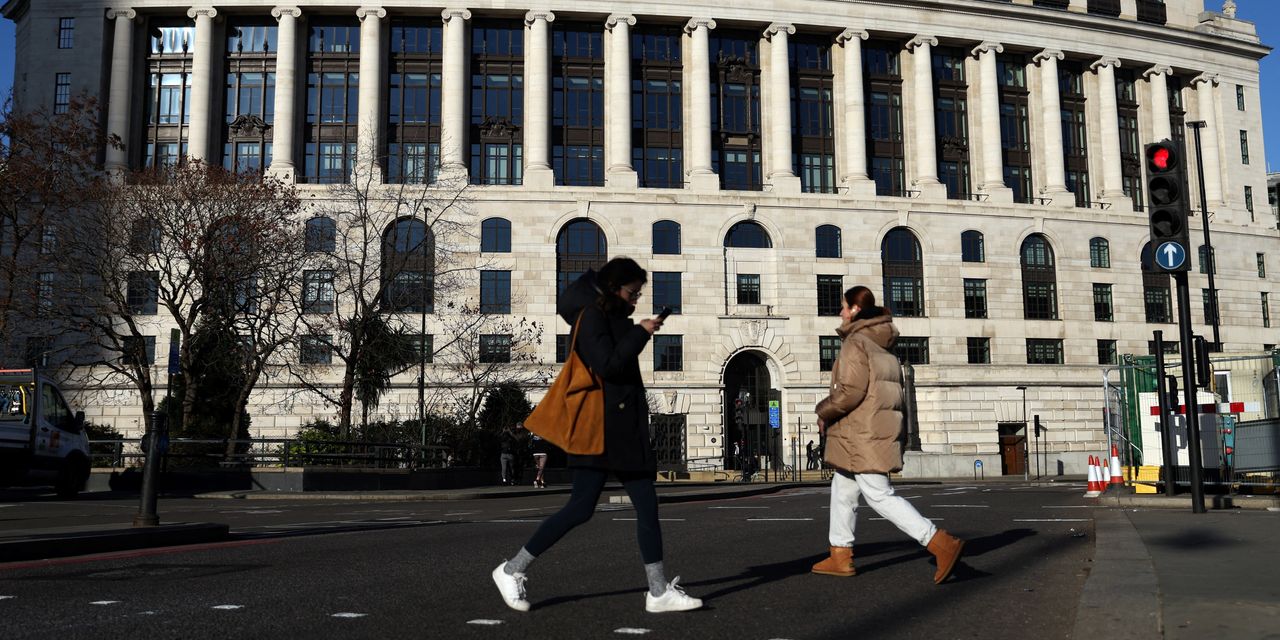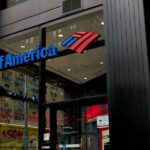
Unilever UL 7.73% PLC said it wouldn’t increase its $68 billion offer for GlaxoSmithKline GSK -2.41% PLC’s consumer-healthcare business, effectively walking away from a potential deal that would have added a raft of drugstore staples to its portfolio.
The announcement Wednesday from the maker of Ben & Jerry’s ice cream and Dove soap came after days of criticism from analysts and investors about the price and strategic fit of the proposed transaction. Unilever’s shares have fallen sharply this week since news of a possible deal was disclosed over the weekend.
Glaxo said Saturday that Unilever had made three proposals for its consumer unit late last year—which Glaxo rejected because, in its view, they undervalued the business and its future prospects. The latest proposal, received on Dec. 20, valued the business at £50 billion—equivalent to about $68 billion—and was made up of £41.7 billion in cash and £8.3 billion in shares, it said.
Glaxo also detailed the growth prospects of the unit, which is 32% owned by Pfizer Inc. and sells everything from Aquafresh toothpaste to Advil painkillers, saying it thought the business could deliver organic sales growth of 4% to 6% over the medium term.
On Wednesday, Unilever said it had taken those figures into account but that they didn’t change its view about the value of the business. Unilever is “committed to maintaining strict financial discipline to ensure that acquisitions create value for our shareholders,” it said.
In response, a spokesman for Glaxo said the company was confident in the future of the consumer-healthcare business. The pharmaceutical giant, seeking to focus more on prescription drugs and vaccines, had already been working on plans to spin off the consumer unit as a separate, London-listed company later this year.
Unilever also said it was committed to improving the performance of its existing brands, including through a coming reorganization, and rotating its portfolio into higher-growth categories.
The company’s shares have been under pressure in recent months as Unilever has struggled to grow volumes, while analysts say it has underperformed some rivals during the pandemic in areas such as hygiene and packaged food.
On Monday, Unilever said it wanted to push further into health, beauty and hygiene products, at the expense of slower-growing food brands, laying out its biggest strategic shift in years. It said any big acquisitions would likely be accompanied by significant divestitures.
Unilever’s U.S. stock rebounded after the statement Wednesday, with its American depository receipts up more than 9% in midday trading. The statement came at the end of the trading day in London.
Still, ending its pursuit of the Glaxo deal is unlikely to quell shareholder discontent at Unilever. Some analysts and investors say management’s credibility has taken a hit from the episode, and that Unilever could be ripe for an activist investor or an outright takeover itself.
“The Unilever investment case has taken a real severe dent,“ said RBC analyst James Edwardes Jones. “The board has seemingly decided that the existing business is inadequate and demonstrated a willingness to countenance what we believe would have been a very unpalatable approach to capital allocation.”
Write to Saabira Chaudhuri at [email protected]
Copyright ©2022 Dow Jones & Company, Inc. All Rights Reserved. 87990cbe856818d5eddac44c7b1cdeb8
Appeared in the January 20, 2022, print edition as ‘Unilever Walks Away From Glaxo Consumer Health Unit.’








